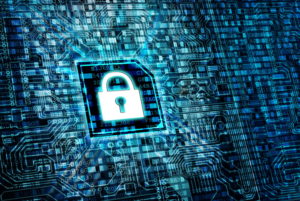The difference between digital and physical has always been tangible; when it comes to archiving, this is a bit of a problem. We can see our pasts and histories in the old photographs, documents, and records that were left behind. Even credit scores have a paper trail — you can request one every 12 months. By taking the proper precautionary and preventative measures, we can ensure that these relics remain in good condition for the years to come; unfortunately, digital archives are not as lucky.
If you’re preserving your great-great-great-great grandmother’s diary, the steps are relatively simple: as long as you keep it in a cool, dry place (that has a relative humidity below 65%), it will be protected from the damage insects and moisture can cause. At the same time, you’ll always know right where it is because it occupies a physical space in your life — even if it’s alone, tucked away in your attic.
 Digital archives, however, are at the mercy of our technological advancement. As we grow and expand technologically, the platforms we use and rely on change and shift, and usually quite rapidly; therefore, it is vital that we — news outlets in particular — stay on top of the effort to save articles, documents, and news events as these changes occur.
Digital archives, however, are at the mercy of our technological advancement. As we grow and expand technologically, the platforms we use and rely on change and shift, and usually quite rapidly; therefore, it is vital that we — news outlets in particular — stay on top of the effort to save articles, documents, and news events as these changes occur.
Unfortunately, we’re not doing a great job of it: a recent study conducted interviews with 48 individuals from 30 news organizations and preservation initiatives discovered that the majority of news outlets had not given any thought to even basic strategies for preserving their digital content — and not one was properly saving a holistic record of what it produces.
At the same time, many were confused over the difference between backing up files and archiving them, and believed that digital backup and storage in Google Docs or content management systems was synonymous with archiving. (It isn’t; archiving is more concerned with long-term preservation, ensuring that records will still be available as things change in the future, while backup refers simply to making copies in the event of damage or loss.)
Given our thorough independence on technology, that’s a frightening prospect. If we are not able to commit to a system that focuses on saving our digital past for our future, we may end up losing most or all of it.






